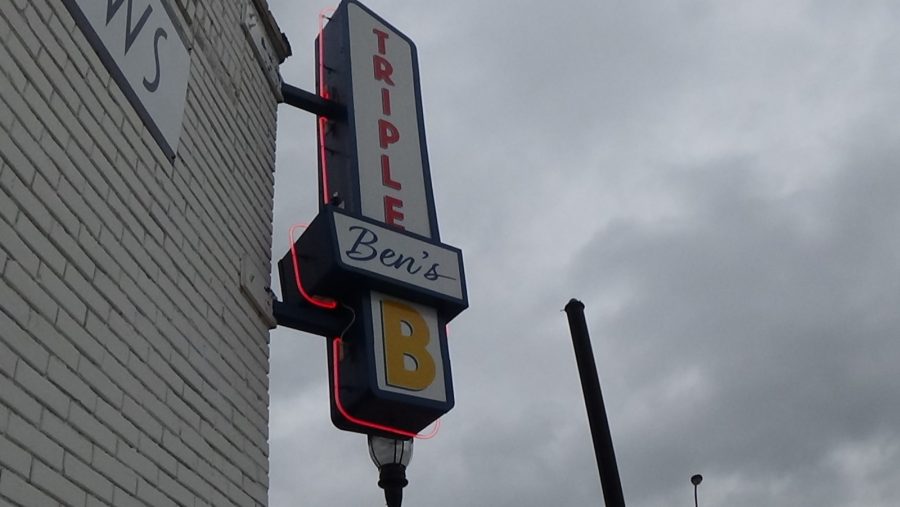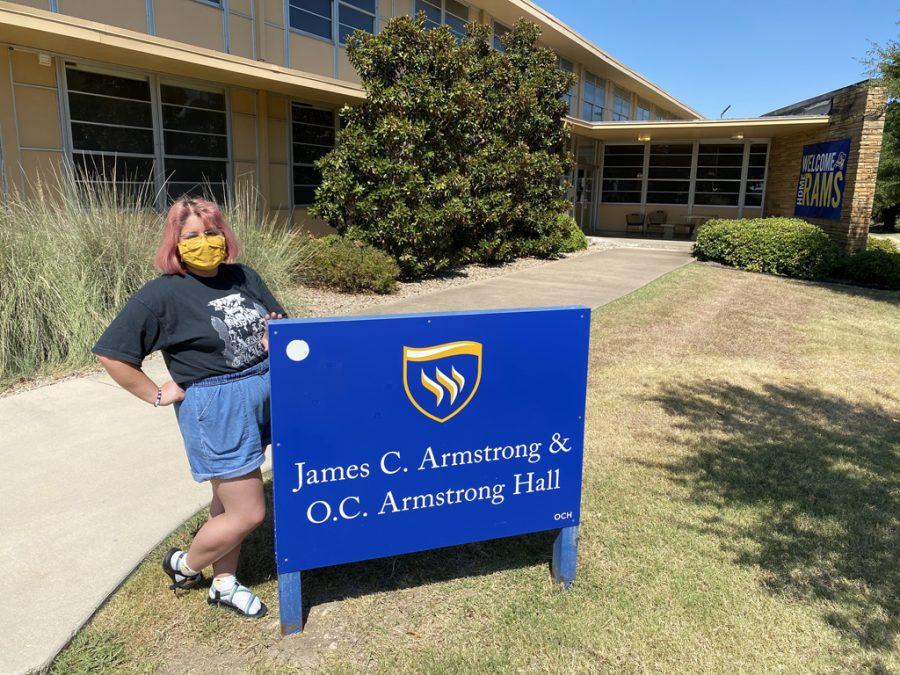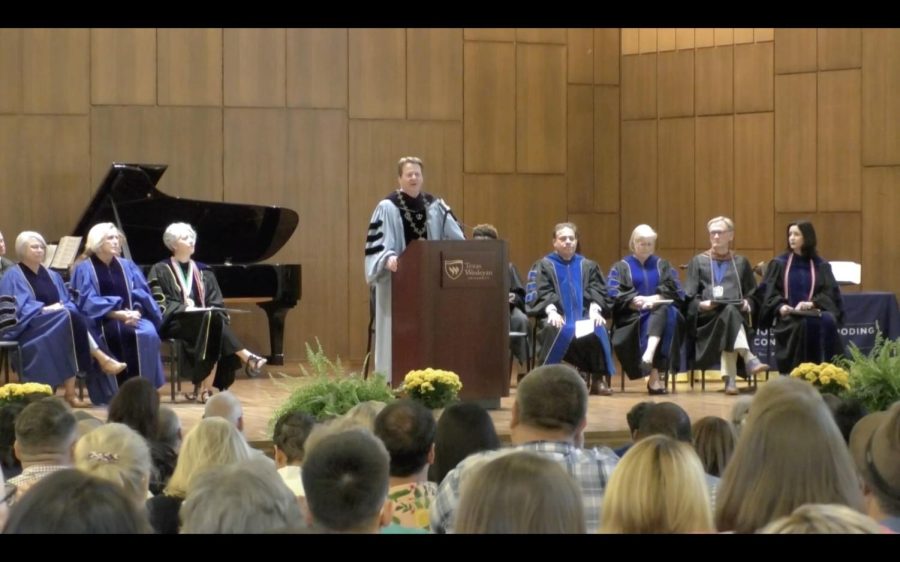The coronavirus shutdown has caused economic consequences for many industries across Texas.
But none has been hit harder in the Metroplex than the service industry, according to a report on NBCDFW 5.
More than 320,000 people in the Metroplex, or one in 10, work in the food prep and service industries, according to the Bureau of Labor Statistics. It’s the region’s third most common profession.
The fallout from the COVID-19 pandemic will have an extremely negative effect on these workers. Ben Merritt, owner of Fixture and Ben’s Triple B, wrote in an email that independent restaurant owners such as himself will be hit the hardest.
“These restaurants were their livelihood,” Merritt wrote. “They were the retirement plans of individuals.”
Merritt believes that between 50% to 80% of independent restaurants will go under if they have to close their doors for any length of time.
“Right now, if I had to close the doors for a few months,” Merrit wrote, “there is very little chance I can survive.”
Merritt is reaching out to find any help and aid package he can to keep his doors open. He is maxing out his credit cards and applying for economic disaster relief through the Small Business Administration.
“If I get approved, it will be like a patient in critical condition receiving a ventilator,” Merritt wrote.
The Texas Restaurant Association projects that COVID-19 could result in the closing of 25% to 30% of the 50,000 independent restaurants in the state, according to texasrestaurant.org. This will affect every community in the state by driving unemployment up and decreasing how much money cities and towns take in from restaurant taxes.
“The restaurant industry is extremely important to the whole scope of the economy,” Robin Milton, president of the Tarrant County Restaurant Association, wrote in an email.
Catfish and Company owner Chase Stahl wrote in an email that most properly managed independent restaurants maintain roughly 30 days cash on hand at any given time. He compares this to a corporate restaurant that is often controlled by hedge funds and have upwards of three months cash on hand.
“If this were to drag on, you have to ask yourself daily,” he wrote, “whether it’s worth it to go into major debt or cut your losses.”
Stahl wrote that the hardest part for his family is letting go of employees that have become family to them since the restaurant opened in 1983 in Hurst.
“Let this be a hard lesson,” Stahl wrote. “you need to plan for the future no matter what your job or circumstance.”
Things are great when it is good, but you need to always think about what’s to come and be prepared for anything, especially in this business, Stahl wrote.
He has seen an 80% decline in sales in the span of roughly one week. His reason for staying open and offering takeout is to stay relevant. Close altogether and people think you are out of business.
“If nobody is buying anything, there is no money to restock,” he wrote, “and then another valuable service will go to the wayside.”









![Pippin, played by Hunter Heart, leads a musical number in the second act of the musical. [Photo courtesy Kris Ikejiri]](https://therambler.org/wp-content/uploads/2025/04/Pippin-Review-1200x800.jpg)
![Harriet and Warren, played by Trinity Chenault and Trent Cole, embrace in a hug [Photo courtesy Lauren Hunt]](https://therambler.org/wp-content/uploads/2025/02/lettersfromthelibrary_01-1200x800.jpg)
![Samantha Barragan celebrates following victory in a bout. [Photo courtesy Tu Pha]](https://therambler.org/wp-content/uploads/2025/05/20250504_164435000_iOS-834x1200.jpg)





![Hunter Heart (center), the play's lead, rehearses a scene alongside other student actors. [Photo courtesy Jacob Sanchez]](https://therambler.org/wp-content/uploads/2025/04/thumbnail_IMG_8412-1200x816.jpg)
![Student actors rehearse for Pippin, Theatre Wesleyan's upcoming musical. [Photo courtesy Jacob Rivera-Sanchez]](https://therambler.org/wp-content/uploads/2025/04/Pippin-Preview-1200x739.jpg)
![[Photo courtesy Brooklyn Rowe]](https://therambler.org/wp-content/uploads/2025/05/CMYK_Shaiza_4227-1080x1200.jpg)

![Lady Rams softball wraps up weekend against Nelson Lions with a victory [6 – 1]](https://therambler.org/wp-content/uploads/2025/04/Screenshot-2025-04-04-100924-1200x647.png)






















